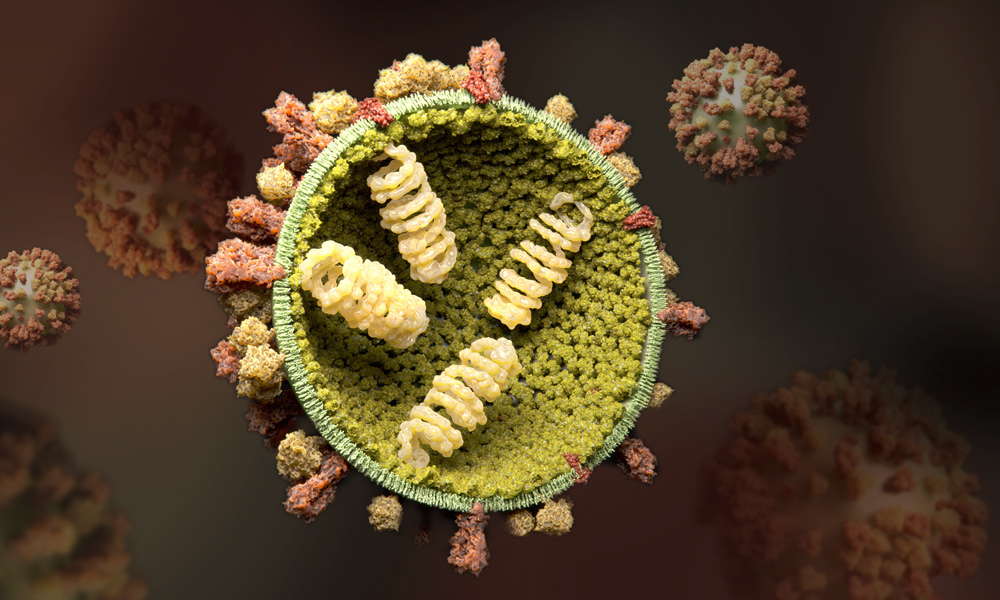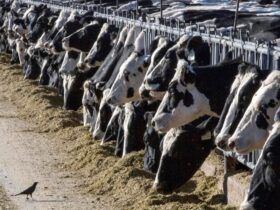United States: According to the Minnesota Board of Animal Health (BAH), in Stevens County, young goats are reported to have tested positive for the highly contagious avian influenza virus.
First known case in domestic ruminants
As per the agency report, the first case is detected as the first known case causing avian influenza infection in domestic ruminants in the United States. It caused infection in cattle, sheep, and goats.
However, the officials report has noted that finding of first case should not be taken as a matter or urgent health alarm, as it can be easily contained by quick and targeted actions.
State Veterinarian Brian Hoefs added, “I think this probably reflects more a case of an immune-compromised individual. Specifically, these were young goats approximately a week of age, their immune systems weren’t very strong yet, and they were exposed to a pretty heavy viral burden,” as mprnews.org reported.
Unusual behavior in infected animals was noted
The news of infection came to the notice of the Board of Animal Health when the owner of the farm noticed unusual deaths among young goats earlier this month.
Moreover, on the same farm, a backyard poultry flock was depopulated after getting infected positively by the same avian influenza. As per the reports, the poultry of the farm and the goats had shared the same space of living and water area.
Highly infectious avian flu virus

Hoefs also said that more than ten carcasses were tested, out of which five were tested positive for the infectious avian flu virus.
Hoefs said, “This finding is significant because, while the spring migration is definitely a higher risk transmission period for poultry, it highlights the possibility of the virus infecting other animals on farms with multiple species,” mprnews.org reported.
Does the virus can contaminate humans?
According to Hoefs, the tests have revealed that the virus has not evolved such that it adapts itself to contact mammals. Therefore, the risk of its spread to other animals is still minimal.
From the samples taken from adult goats, they all had tested negative for HPAI. Additionally, no further reports of sickness in young goats have been reported since March 11, as confirmed by BAH.
Prevention is required to prevent further spread – Experts
Hoefs said, “Our colleagues at the national level are telling us that this is likely a limited incident,” and, “But the message is biosecurity, biosecurity, biosecurity. We want to make sure that we are preventing any similar exposures.”
According to Hoefs, in order to prevent the spread further, farm owners must keep the backyard poultry away from other wild birds or livestock.






